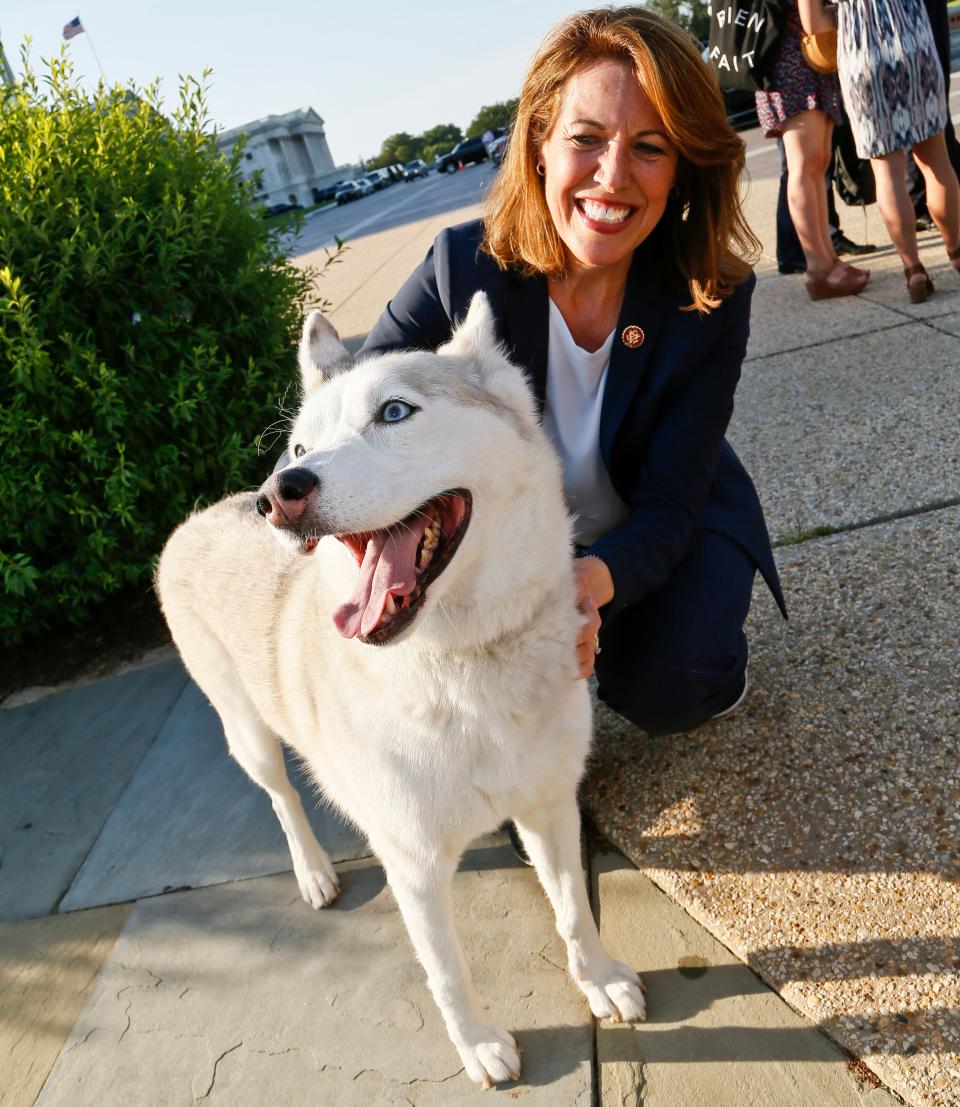Extreme Animal Cruelty Cases Can Now Be Prosecuted As Federal Crimes
President Donald Trump signed a bill into law Monday making acts of extreme animal abuse and torture federal crimes under certain circumstances.
The Preventing Animal Cruelty and Torture Act had passed unanimously in the House and Senate in October and November, respectively.
Animal cruelty in the United States is typically a matter of state or local jurisdiction, with each state having its own set of animal welfare laws. But the PACT Act gives federal authorities the power to prosecute acts of extreme cruelty in specific cases.

The PACT Act accomplishes this by building on existing legislation that targeted “crush videos” ― fetish videos that show animals being tortured or killed. The Animal Crush Video Prohibition Act of 2010 made the creation and distribution of these videos a federal crime.
That law defines “animal crushing” as an act in which an animal (excluding fish and insects) is “purposely crushed, burned, drowned, suffocated, impaled, or otherwise subjected to serious bodily injury.”
But the 2010 law applies to these acts only if they occur in conjunction with a crush video. The new PACT Act expands on that law by making any activity defined as “animal crushing” potentially a federal crime, whether or not it is for a video.
Under the PACT Act, any of the brutal acts defined as “crushing” are subject to federal law if they happen on federal property or if they occur “in or affecting interstate or foreign commerce.”
So what exactly does the “interstate or foreign commerce” component mean in this context?
“If the animal cruelty involved does not cross state (or international) lines, stays off the internet, and does not involve buying or selling, then the PACT Act is less likely to be relevant,” David Rosengard, a senior staff attorney with the Animal Legal Defense Fund, told HuffPost in an email.
He also provided some examples of theoretical scenarios in which the PACT Act would be relevant.
“Individuals who are committed to keeping animals in criminally cruel conditions ― hoarders, for example ― have been known to jump state lines in order to avoid being held accountable,” said Rosengard, explaining the new legislation could make it possible for federal authorities to intervene in such cases.
And though the PACT Act has an exemption for hunting, Rosengard noted that it could apply to situations like interstate poaching rings and also the torture of animals poachers catch. In those cases, he added, “the animal cruelty involves multi-state crimes, and so being able to use federal resources designed to address multi-state criminal acts makes sense.”
In addition to the hunting exemption, the law also has exceptions for “customary and normal” agricultural and veterinary practices; slaughtering animals for food; trapping and fishing; pest control; medical and scientific research; euthanasia; or actions “necessary to protect the life or property of a person.” And, as Rosengard noted, the statute does not apply to fish or insects at all.
Penalties for violations would include up to seven years in prison and/or fines.
Rosengard said the bill is effective immediately after being signed into law.
Related Coverage
Lawmakers Introduce Bill To Make Extreme Animal Cruelty A Federal Felony
New York Becomes First State To Ban Cat Declawing
California Becomes First State To Ban The Sale Of Fur Products
Love HuffPost? Become a founding member of HuffPost Plus today.
This article originally appeared on HuffPost.

